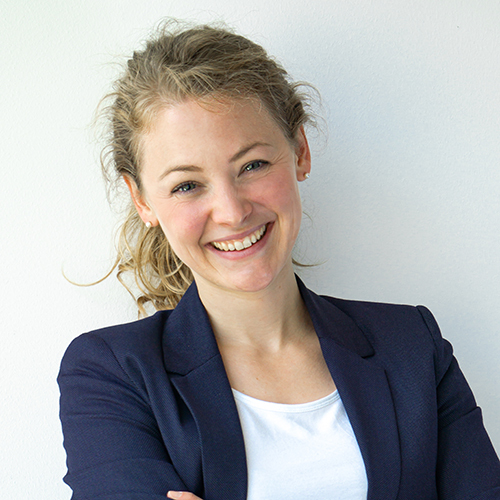Deutsche Bahn (DB) is putting two new autonomous e-shuttles on the road in the Lower Bavarian spa town of Bad Birnbach. These will now transport passengers to their destination “on-demand”. The vehicles can be booked via app and the start and destination stops can be individually determined. The shuttles are intended to make it even easier to reach health facilities and shops for daily needs.
In 2017, DB put Germany’s first autonomous bus on the road in Bad Birnbach. So far, it has carried more than 65,000 passengers and covered around 60,000 kilometres. The connection to the station via a scheduled shuttle service has improved the connection to the railway in particular. The two new vehicles travel at a maximum speed of 18 km/h, just like the existing line shuttle.
The shuttle service can be booked up to seven days in advance via the “Wohin-Du-Willst” app. Spontaneous journeys can also be booked three minutes before the start of the journey. Software from the DB technology company ioki calculates the optimal route for each journey. Requests are bundled into carpools to reduce the burden on roads and the environment. All journeys are free of charge.
The DB mobility project behind the autonomous shuttles in the health resort is called “HEAL” (“Highly Automated Social Demand-Oriented Rural”). Project partners are RBO Regionalbus Ostbayern GmbH, the district of Rottal-Inn and Markt Bad Birnbach. The project is scientifically accompanied by a study team from the Chair of Public Health and Health Services Research (IBE) at the Ludwig Maximilian University in Munich. Within the framework of the accompanying research, possible changes in everyday mobility and social participation are to be observed. In addition, the health care situation is to be investigated and the and the social acceptance of digitalisation will be analysed.
The DB technology company ioki provides the software for the booking platform and for communication with the autonomous vehicle. The specially developed technical inter-face thus enables the combination of autonomous driving and on-demand booking. The project is funded by the Federal Ministry of Digital Affairs and Transport (BMDV).
Klaus-Dieter Josel, Representative of Deutsche Bahn AG for the Free State of Bavaria: “New digital mobility services and technologies play a key role in the mobility revolution. With autonomous, flexible shuttle buses, we are strengthening public transport nationwide and offering even more people attractive public mobility that proves itself in their everyday lives. In this way, we are creating a climate-friendly alternative to the private car for people in rural regions as well. At the same time, we are relieving the roads in conurbations.”
Christian Bernreiter, Bavarian Minister of State for Housing, Construction and Transport: “Modern public transport services help the environment and climate protection. We therefore want to strengthen public transport and create an even more attractive and flexible service, especially in rural areas. Autonomous electric vehicles are an exciting development that will certainly be an integral part of public mobility in the not too distant future. I am pleased that my home state of Lower Bavaria in particular is a pioneer for autonomous shuttles and is once again proving this.”
Michael Fahmüller, District Administrator of Rottal-Inn: “With ‘HEAL’, the successful path that was started with the autonomous bus project in Bad Birnbach in 2017 is being continued. The district of Rottal-Inn was and still is very proud to be the location of the first autonomous bus ever to operate in public transport. For us, this was always not just a pilot project, but the beginning of a new era in local public transport. We are all the more pleased that the ambition to supplement the route network in the district with the autonomous bus is now being further fulfilled, continued and, above all, expanded with ‘HEAL’.”
Dagmar Feicht, First Mayor of Markt Bad Birnbach: “For us, ‘HEAL’ is of outstanding importance: With this project, we are not only pioneers in autonomous driving, we also see ourselves as a beacon in rural areas. Demographic development poses great challenges for us. The goal is therefore to become a barrier-free place. The demand-oriented project creates many opportunities to give people – guests and locals alike – a new, previously unknown mobility. So it’s about social participation for everyone.”
Deutsche Bahn has therefore been involved in autonomous buses for many years as a technology driver for new mobility, including in the region of Upper Franconia, in Lower Bavaria, Karlsruhe, Berlin and Leipzig. The aim of a flexible “on-demand” service with autonomous vehicles is to enable door-to-door mobility suitable for everyday use in combination with trains and buses and to make climate-friendly public transport more attractive. Autonomous shuttles on demand create a comprehensive connection to cli-mate-friendly rail, especially in rural regions.

